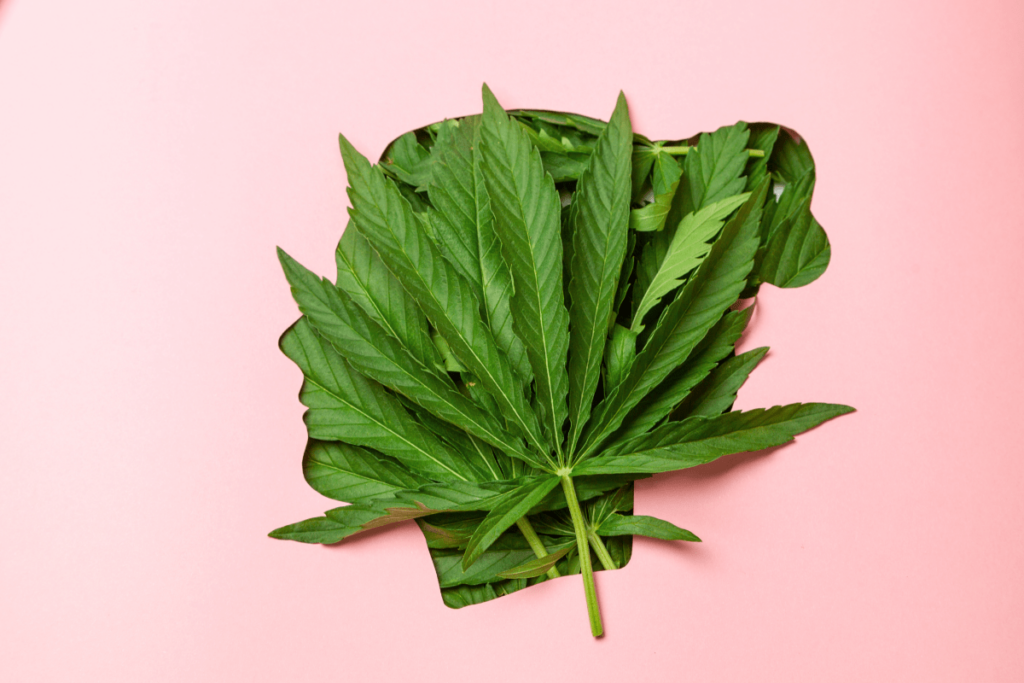- Top Rehab in The State of Tennessee
- 5-Star Reviewed
- Most Major Insurance Accepted
September 23, 2024
As marijuana use becomes more widespread and legalized in various regions, many people are curious about the potential effects it has on the brain.
One question that frequently arises is whether marijuana kills brain cells.
Understanding the impact marijuana has on brain function is crucial, particularly as it relates to both short-term and long-term use.
One of the most debated topics around marijuana use is whether it kills brain cells.
The short answer is that there’s no clear evidence that marijuana directly kills brain cells.
However, marijuana use can impair brain function and alter the structure of certain areas of the brain, particularly with long-term, heavy use.
While it may not kill brain cells in the way that alcohol or other drugs do, marijuana can affect the brain’s ability to form new neural connections, which is particularly concerning for adolescents and young adults, whose brains are still developing.
Research suggests that marijuana can impair cognitive function, memory, and attention, especially in younger users.
Marijuana contains a chemical compound called tetrahydrocannabinol (THC), which is responsible for its psychoactive effects.
THC interacts with the brain’s endocannabinoid system, which plays a role in regulating mood, memory, appetite, and pain sensation.
When marijuana is consumed, THC binds to cannabinoid receptors in the brain, altering normal communication between brain cells, which leads to the characteristic “high” associated with marijuana use.
At Music City Detox, we understand the emotional, mental, and physical impact that addiction can have – because we’ve been there too. If you or a loved one are struggling, verify your insurance, or call us now.
When marijuana is used, it has immediate effects on the brain, which can last for several hours depending on the dose and method of consumption.
Some of the short-term effects include:
The long-term effects of marijuana on the brain can be more pronounced, particularly for individuals who use marijuana frequently or in large amounts.
These effects can include:

Yes, marijuana use can have significant effects on mental health.
While some individuals use marijuana for its calming effects, it can exacerbate mental health conditions such as anxiety, depression, and even psychosis in certain users. People who are predisposed to mental health disorders, such as schizophrenia, may experience an increased risk of symptoms or episodes when using marijuana.
Additionally, marijuana has been linked to mood swings, paranoia, and panic attacks, particularly when used in high doses or by individuals sensitive to THC.
Marijuana Use Disorder (MUD) occurs when individuals develop a dependence on marijuana, often characterized by an inability to control or reduce use despite negative consequences.
While many people think marijuana is not addictive, research shows that about 9% of users develop a dependence.
This number increases to 17% among those who begin using marijuana in adolescence. MUD can lead to cravings, withdrawal symptoms, and an overall disruption of daily life.
For those who develop a dependence on marijuana, withdrawal symptoms can arise when they try to stop or cut down on use. These symptoms can include:
If you or someone you know is struggling with marijuana addiction, it’s important to seek professional help. Treatment options for marijuana addiction often include counseling, behavioral therapy, and support groups. Cognitive Behavioral Therapy (CBT) and Motivational Enhancement Therapy (MET) are commonly used to help individuals change their behavior and address underlying issues contributing to their substance use.
If you’re ready to overcome marijuana addiction, reach out to our team today. We offer personalized treatment plans designed to help you regain control of your life and break free from dependence. Don’t wait—contact us now to start your recovery journey.